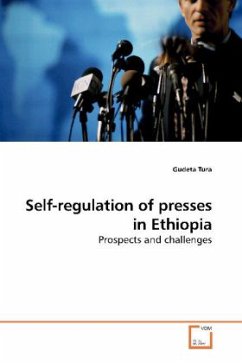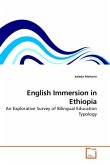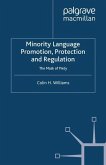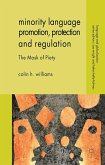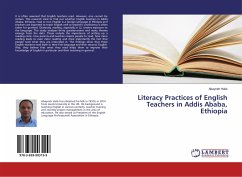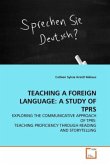Journalism is usually referred to as the Fourth Estate. This is a brand bestowed to the profession cognizant to its considerable power and influence as well as its fundamental role as a public watchdog. Media are playing a very influential role for the public in the contemporary world. However, they are also accused of causing damage to individuals and the public at large because of unethical reporting and lack of public accountability. As a result, the public has felt a need to regulate the media. In democracies, media institutions are left to regulate themselves through self-regulatory mechanisms. This is because of the fact that government regulation of the media may threaten the freedom of expression and the public s right to information. The book has thoroughly analyzed the evolution and development of the different forms of regulating media institutions in the context of Ethiopia. It offers methods and ways of establishing self-regulatory frameworks for the media industry; provides a clear understanding to media practitioners the meanings, purposes and importance of media self-regulation and serves as an input to students of journalism, researchers, and other stakeholders.

